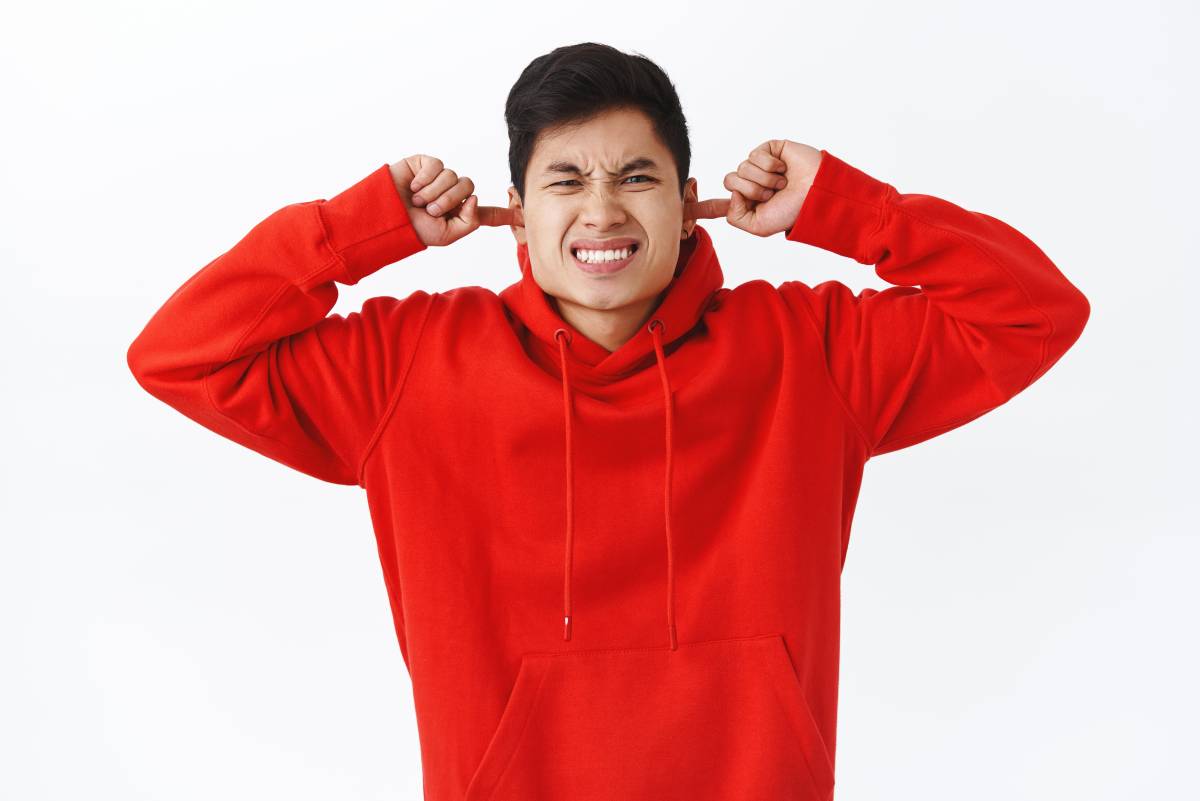Beware using controlling language when helping athletes to return to sport, clinicians urged
Physiotherapists and other clinicians should avoid conveying potentially disempowering messages – such as ‘you must’ or ‘you need to’ – when helping injured athletes to return to sport (RTS).
That is one of the key messages in a paper appearing in the latest issue of the British Journal of Sports Medicine, to which physiotherapist Tom Goom, from the Physio Rooms in Falmer, East Sussex, made a key contribution.

The editorial – titled Educate, involve and collaborate: three strategies for clinicians to empower athletes during return to sport – was written by a four-person team led by Adam Gledhill, who is course director for Sport, Exercise and Health Sciences at Leeds Beckett University.
Phrases such as "you need to … ", "you must ... " can make the athlete feel disempowered and undermine psychological satisfaction within the injury rehabilitation context [Adam Gledhill et al.]
The authors, who drew on their experiences gained in the fields of sports therapy, physiotherapy and sport psychology, stress that ‘controlling language’ can be counterproductive.
‘Clinicians may unintentionally adopt controlling language and behaviours that can undermine athletes’ perceptions that they are volitional in their rehabilitation efforts.
‘Phrases such as ‘you need to … ’, ‘you must … ’ can make the athlete feel disempowered and undermine psychological satisfaction within the injury rehabilitation context,’ the paper notes.
Communication is key
The above quote comes from a section in the editorial that focuses on one of the three strategies the authors recommend clinicians use with athletes: ‘adopt collaborative, non-controlling forms of communication and interaction’.
In this section, Dr Gledhill and his co-authors continue: ‘Equally, repeatedly highlighting areas of physical deficiency or slow progress can inadvertently undermine athlete motivation to engage in rehabilitation regimens or lead to poor decision making on the part of the athlete (e.g., trying to expedite rehabilitation progressions).
The titles of the other two strategies are as follows: ‘involve athletes in rehabilitation and RTS decisions’; ‘and educate the athlete about the injury and RTS protocols’.
Promoting adherence to exercise regimes
Giving athletes more knowledge about their injuries will increase the likelihood that they will see themselves as ‘key stakeholders’ in their rehabilitation and adhere to their treatment tasks, the editorial suggests.
‘One example of a benefit of injury education is helping the athlete understand the possibility of treatment plateaus throughout the rehabilitation period.
‘This knowledge could help the athlete understand that rehabilitation progress is not always linear, mitigate frustrations during plateau periods or setbacks and maintain motivation to engage in appropriate/recommended treatment exercises.’
Meanwhile, involving athletes in the rehabilitation process can reap many dividends, they add.
‘Demonstrating that one cares about the athlete’s perspectives and viewpoints, can positively influence an athlete’s motivation to engage in recommended exercises, enhance the athlete’s ownership of the experience and increase their confidence on RTS.
‘These benefits have all been shown to influence the quality of rehabilitation outcomes (clinical and performance).’
To see the full version of the article, visit: http://dx.doi.org/10.1136/bjsports-2021-104268
To find out more about Tom Goom and Physio Rooms, visit: https://www.thephysiorooms.com/tom-goom
Author: Ian A McMillanShare it with














